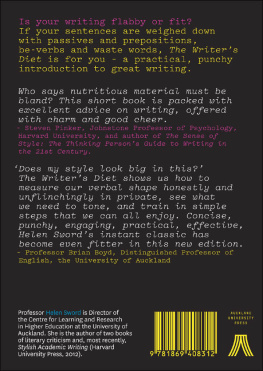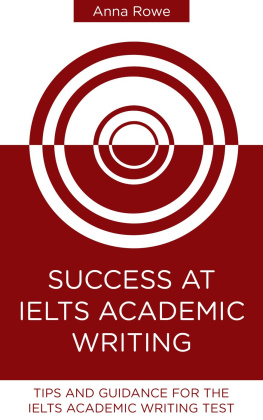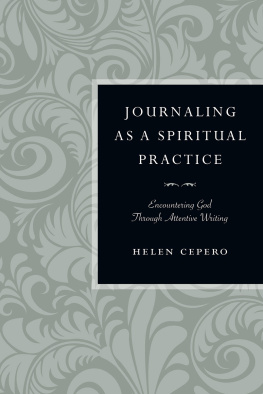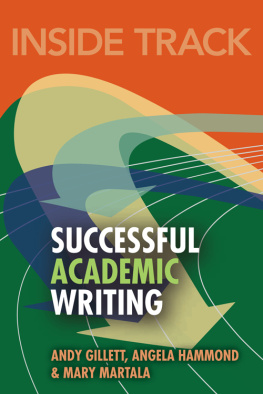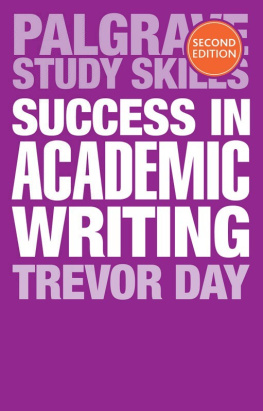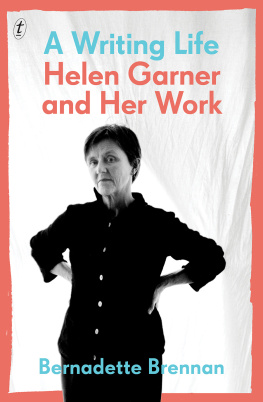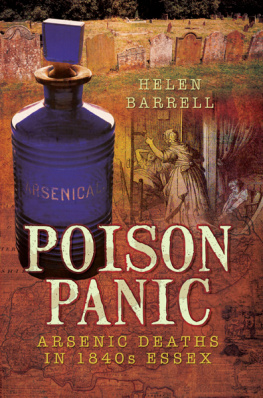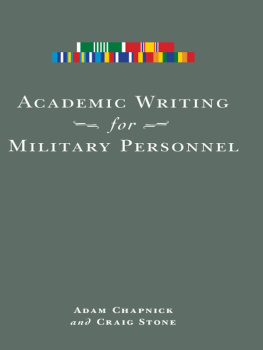Helen Sword - Stylish Academic Writing
Here you can read online Helen Sword - Stylish Academic Writing full text of the book (entire story) in english for free. Download pdf and epub, get meaning, cover and reviews about this ebook. year: 2012, publisher: Harvard University Press, genre: Romance novel. Description of the work, (preface) as well as reviews are available. Best literature library LitArk.com created for fans of good reading and offers a wide selection of genres:
Romance novel
Science fiction
Adventure
Detective
Science
History
Home and family
Prose
Art
Politics
Computer
Non-fiction
Religion
Business
Children
Humor
Choose a favorite category and find really read worthwhile books. Enjoy immersion in the world of imagination, feel the emotions of the characters or learn something new for yourself, make an fascinating discovery.

- Book:Stylish Academic Writing
- Author:
- Publisher:Harvard University Press
- Genre:
- Year:2012
- Rating:3 / 5
- Favourites:Add to favourites
- Your mark:
- 60
- 1
- 2
- 3
- 4
- 5
Stylish Academic Writing: summary, description and annotation
We offer to read an annotation, description, summary or preface (depends on what the author of the book "Stylish Academic Writing" wrote himself). If you haven't found the necessary information about the book — write in the comments, we will try to find it.
Stylish Academic Writing — read online for free the complete book (whole text) full work
Below is the text of the book, divided by pages. System saving the place of the last page read, allows you to conveniently read the book "Stylish Academic Writing" online for free, without having to search again every time where you left off. Put a bookmark, and you can go to the page where you finished reading at any time.
Font size:
Interval:
Bookmark:
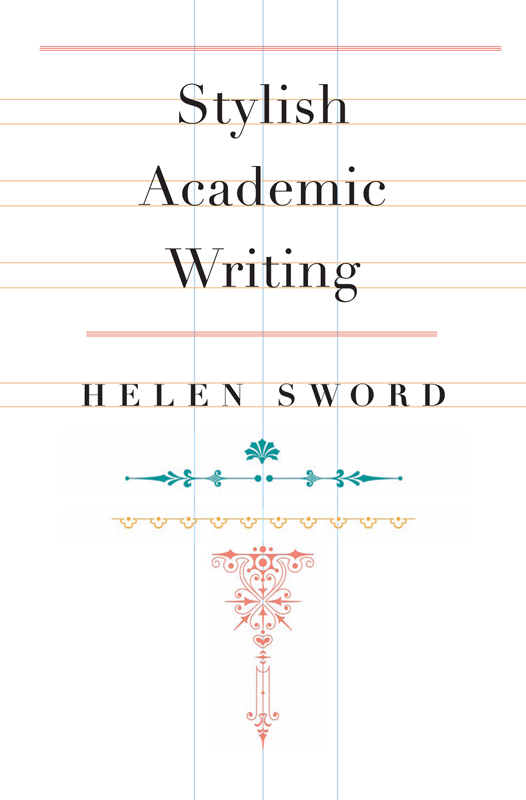
Stylish Academic Writing
Stylish Academic Writing
Helen Sword
HARVARD UNIVERSITY PRESS
Cambridge, Massachusetts & London, England
2012
Copyright 2012 by Helen Sword
All rights reserved
Jacket design: Jill Breitbarth
The Library of Congress has cataloged the printed edition as follows:
Sword, Helen.
Stylish academic writing / Helen Sword.
p. cm.
Includes bibliographical references and index.
ISBN 978-0-674-06448-5 (alk. paper)
1. Academic writing. 2. English languageStyle. I. Title.
LB2369.S96 2011
808'.0420711dc23 2011035339
CONTENTS
Part I:
Part II:
Afterword:
PREFACE
For many academics, stylish academic writing is at best an oxymoron and at worst a risky business. Why, they ask, should we accessorize our research with gratuitous stylistic flourishes? Doesnt overt attention to style signal intellectual shallowness, a privileging of form over content? And wont colleagues reject as unserious any academic writing that deliberately seeks to engage and entertain, rather than merely to inform, its readers?
In this book, I argue that elegant ideas deserve elegant expression; that intellectual creativity thrives best in an atmosphere of experimentation rather than conformity; and that, even within the constraints of disciplinary norms, most academics enjoy a far wider range of stylistic choices than they realize. My agenda is, frankly, a transformative one: I aim to start a stylistic revolution that will end in improved reading conditions for all. In particular, I hope to empower colleagues who have come to believeI have heard this mantra again and againthat they are not allowed to write a certain way. This book showcases the work of academic writers from across the disciplines who stretch and break disciplinary moldsand get away with it. Not only do they publish in respected peer-reviewed journals and place their books with prestigious presses, but they are lauded by their colleagues for their intellectual rigor and flair.
Far from peddling generic, one-size-fits-all advice, this book encourages readers to adopt whatever stylistic strategies best suit their own skin. Stylish academic writing can be serious, entertaining, straightforward, poetic, unpretentious, ornate, intimate, impersonal, and much in between. What the diverse authors profiled here have in common is a commitment to the ideals of communication, craft, and creativity. They take care to remain intelligible to educated readers both within and beyond their own discipline, they think hard about both how and what they write, and they resist intellectual conformity. Above all, they never get dressed in the dark.
I |
CHAPTER
Pick up any guide to effective writing and what will you find? Probably some version of the advice that Strunk and White offered more than half a century ago in their classic book The Elements of Style: always use clear, precise language, even when expressing complex ideas; engage your readers attention through examples, illustrations, and anecdotes; avoid opaque jargon; vary your vocabulary, sentence length, and frames of reference; favor active verbs and concrete nouns; write with conviction, passion, and verve.
Pick up a peer-reviewed journal in just about any academic discipline and what will you find? Impersonal, stodgy, jargon-laden, abstract prose that ignores or defies most of the stylistic principles outlined above. There is a massive gap between what most readers consider to be good writing and what academics typically produce and publish. Im not talking about the kinds of formal strictures necessarily imposed by journal editorsarticle length, citation style, and the likebut about a deeper, duller kind of disciplinary monotony, a compulsive proclivity for discursive obscurantism and circumambulatory diction (translation: an addiction to big words and soggy syntax). E. B. White, that great master of literary style, lets his character Charlotte the spider explain the fine art of sucking the lifeblood from a fly:
First, said Charlotte, I dive at him. She plunged headfirst toward the fly. Next, I wrap him up. She grabbed the fly, threw a few jets of silk around it, and rolled it over and over, wrapping it so that it couldnt move. Now I knock him out, so hell be more comfortable. She bit the fly. He cant feel a thing now.
Substitute reader for the fly and academic prose for the spiders silk, and you get a fairly accurate picture of how academic writers immobilize their victims.
The seeds for this book were sown when, several years ago, I was invited to teach a course on higher education pedagogy to a group of faculty from across the disciplines. Trawling for relevant reading materials, I soon discovered that higher education research journals were filled with articles written in a style that I, trained as a literary scholar, found almost unreadable. At first I blamed my own ignorance and lack of background in the field. However, the colleagues enrolled in my courseacademics from disciplines as varied as computer science, engineering, fine arts, history, law, medicine, music, and population healthwere quick to confirm my niggling feeling that most of the available articles on higher education teaching were, to put it bluntly, very badly written. Instead of gleaning new insights, we found ourselves trying to make sense of sentences such as this:
In this study, I seek to identify and analyze stakeholders basic beliefs on the topic of membership that can be considered in normative arguments on whether to allocate in-state tuition benefits to undocumented immigrants.
Or this:
Via a symbolic interactionist lens, the article analyses the identity work undertaken in order to assert distinctive identities as specialist academic administrators.
Or this (ironically, from an article on improving academic writing):
Rarely is there an effective conceptual link between the current understandings of the centrality of text to knowledge production and student learning and the pragmatic problems of policy imperatives in the name of efficiency and capacity-building.
At every turn, we found our desire to learn thwarted by gratuitous educational jargon and serpentine syntax.
Do higher education journals hold a monopoly on dismal writing, I began to wonder, or are these articles just the tip of a huge pan-disciplinary iceberg? It didnt take me long to confirm that similarly turgid sentences can be found in leading peer-reviewed journals in just about any academic fieldnot only in the social sciences but also in humanities disciplines such as history, philosophy, and even my home discipline of literary studies, where scholars pride themselves on their facility with words. I asked myself: What exactly is going on here? Are academics being explicitly trained to write abstract, convoluted sentences? Is there a guidebook for graduate students learning the trade that says, Thou must not write clearly or concisely or Thou must project neither personality nor pleasure in thy writing or Thou must display no originality of thought or expression? Do my colleagues actually enjoy reading this stuff?
Much has already been writtenmostly by academicsabout academic discourse in all its disciplinary variety. Notably, however, most of these studies replicate rather than challenge the status quo. For example, in his groundbreaking book Disciplinary Discourses: Social Interactions in Academic Writing, Ken Hyland examines 1,400 texts from five genres in eight disciplines, providing fascinating insights into how various academic genres (the footnote, the research letter, the book review, the abstract, and so forth) construct and communicate disciplinary knowledge. Hylands own prose style reflects his training as a social scientist, and specifically as a linguist:
Font size:
Interval:
Bookmark:
Similar books «Stylish Academic Writing»
Look at similar books to Stylish Academic Writing. We have selected literature similar in name and meaning in the hope of providing readers with more options to find new, interesting, not yet read works.
Discussion, reviews of the book Stylish Academic Writing and just readers' own opinions. Leave your comments, write what you think about the work, its meaning or the main characters. Specify what exactly you liked and what you didn't like, and why you think so.

